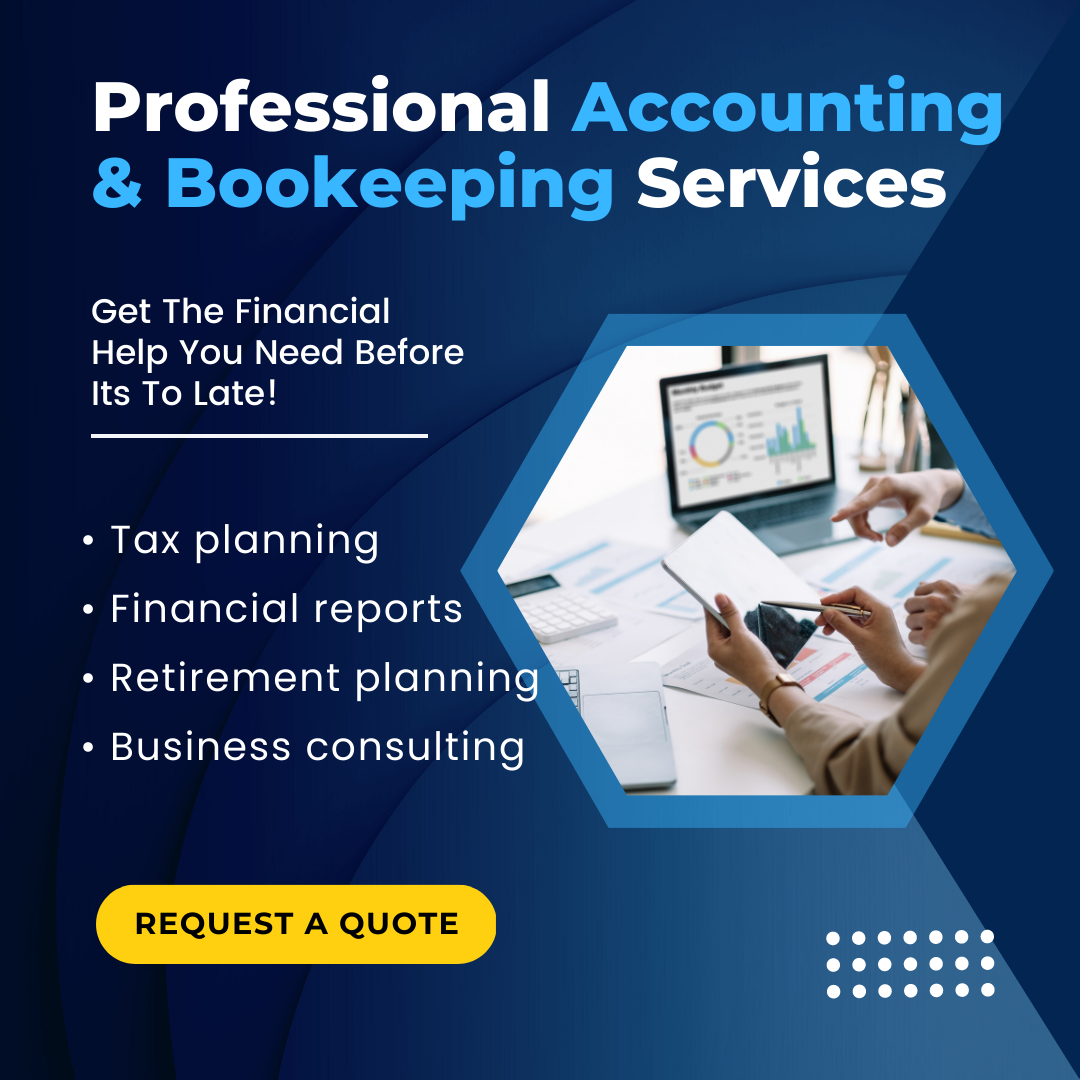
Outsourcing your accounting and bookkeeping services allows you to take full advantage of professional expertise – without having to employ, train and incur the payroll costs associated with hiring your own team.
Yet while taking the accounting work off your plate so you can keep your valuable time sounds promising, it’s important to work with experienced financial experts.
Here are three advantages of outsourcing your small business accounting, and the important qualities you should look for in a small business accounting partner.
- Increased efficiency
- Money saved
- More focus on core areas
Increased Efficiency
Efficiency is crucial for small business owners because they often have limited resources like time, money and manpower. Inefficient use of these resources can

lead to wasted time, increased costs and reduced productivity, which can ultimately impact the profitability and success of the business.
By improving efficiency, small business owners can optimize their use of resources, allowing them to accomplish more with less. One of the ways to improve efficiency is by hiring a professional small business account.
A small business accountant has the knowledge and expertise to manage your financial records accurately and efficiently, freeing up your time to focus on other important aspects of your business. With their experience and specialized training, they can quickly identify and resolve any financial issues or errors, minimizing the risk of costly mistakes.
A professional accountant can also help you streamline your business processes, including through bookkeeping services and tax preparation, ensuring that everything is done in a timely and efficient manner. This can help you avoid last-minute scrambles to meet deadlines and prevent any penalties or fines for missing important tax filings or payments.
A professional accountant can also provide you with valuable insights and advice on how to optimize your finances and increase profitability. By analyzing your financial data and identifying areas for improvement, they can help you make informed decisions that can positively impact your bottom line. This can range from identifying opportunities for cost savings to suggesting more efficient ways to manage your cash flow.
In the end, you’ll not only increase your efficiency, you’re more likely to see better decision-making and financial health.
Money Saved
Hiring a professional accountant for your small business can also help you save money in several ways. An in-house accounting department can be expensive due to the cost of employee salaries and benefits, especially for small businesses with limited financial resources.
On the other hand, a small business accountant can offer the same services as an in-house accounting department at a fraction of the cost. Let’s compare.
Glassdoor estimates that the average total pay for an in-house accountant in 2023 is $68,966 per year. That includes an average salary of $51,940 along with $17,026 in cash bonuses, commissions or profit sharing.
However, that salary is not the true cost to your business. In addition to base salary, you’ll need to account for fixed expenses such as training, taxes, health insurance contributions, retirement plan matches, vacation, sick days and more. In fact, the cost of hiring a new employee is really as much as 1.25 to 1.4 times the base salary.
Keep in mind that the above figures are for ONE employee. Multiply that by several employees in a department, and you could see payroll costs in the hundreds of thousands of dollars.
Now let’s take a look at the costs of working with a small business accounting firm. The average accounting fees for small businesses range from $450-$1200 per year. However, some small businesses pay more, while others pay less. If you seek out an accountant for a special, one-time service such as having your taxes completed, the average small business pays between $146 and $457, according to Investopedia.
An experienced professional accountant can also help you avoid costly mistakes that could result in penalties, fines or legal action. By ensuring that your financial records are accurate and up-to-date, they can help you comply with tax regulations and other legal requirements, minimizing the risk of costly errors and potential legal consequences.
More Focus On Core Areas
Small business owners are some of the busiest people in the world. They have to wear many hats and take on multiple roles to keep their businesses running smoothly. They often have to handle everything from sales and marketing to finance and customer service.
Despite the challenges, many small business owners are passionate about what they do and are willing to put in the time and effort to make their businesses successful.
Outsourcing your accounting needs to a professional accountant can help you focus on these core areas of business, which can ultimately lead to greater success and growth. By outsourcing your accounting tasks, you can free up valuable time and resources that can be redirected toward other areas of your business, such as product development, marketing and customer service.
A professional accountant can also provide you with valuable insights and advice on how to optimize your business operations, improve profitability and achieve sustainable growth. By analyzing your financial data and identifying areas for improvement, they can help you make informed decisions that can positively impact your bottom line.
How To Choose The Best Accountant For Your Business
Before hiring a small business accountant, it is important to do your due diligence before choosing a professional who will play a critical role in your company’s financial health.
Look for an accountant with relevant experience. Your business and the industry you operate within have their own sets of unique needs and characteristics. The accountant you work with should have a thorough understanding of what a business like yours does on a day-to-day basis.
Evaluate qualifications. An accountant should meet all requirements for state certification. A CPA (certified public accountant) or CMA (Certified Management Accountant) also must typically take continuing education courses in order to keep a certification and license. You can also perform a background check on the accounting firm you are considering to mitigate your risk.
Consider your needs. If you need a tax accountant to prepare your business’s tax returns for the year and e-file them, you may opt for an agency that specializes in tax preparation or an independent tax consultant to help you with these needs. If you need a partner who will work with you throughout the year to help you get control of your company’s finances and minimize the stress of managing these finances, a more comprehensive firm may be the better option.
Only consider accountants that embody a fiduciary. A fiduciary is a representative that acts on behalf of a person or organization. A fiduciary puts a clients’ interests above their own and has a duty to act in good faith and trust. As a fiduciary, you are legally bound to act in the interests of others and not yourself.
Ask the right questions. Take the time to interview firms to help you determine whether the agency you are considering is the right one for your business. Some important questions to ask include:
- Can I meet with staff members who will service my account?
- Do you have references?
- How do you ensure my information stays protected?
- How do you communicate with your clients?
While it’s important to get to know a small business accounting agency before you begin working with it, it’s also important to know that the best tax accountants will take the time to understand the ins and outs of your business as well so that you can take full advantage of the benefits above.



